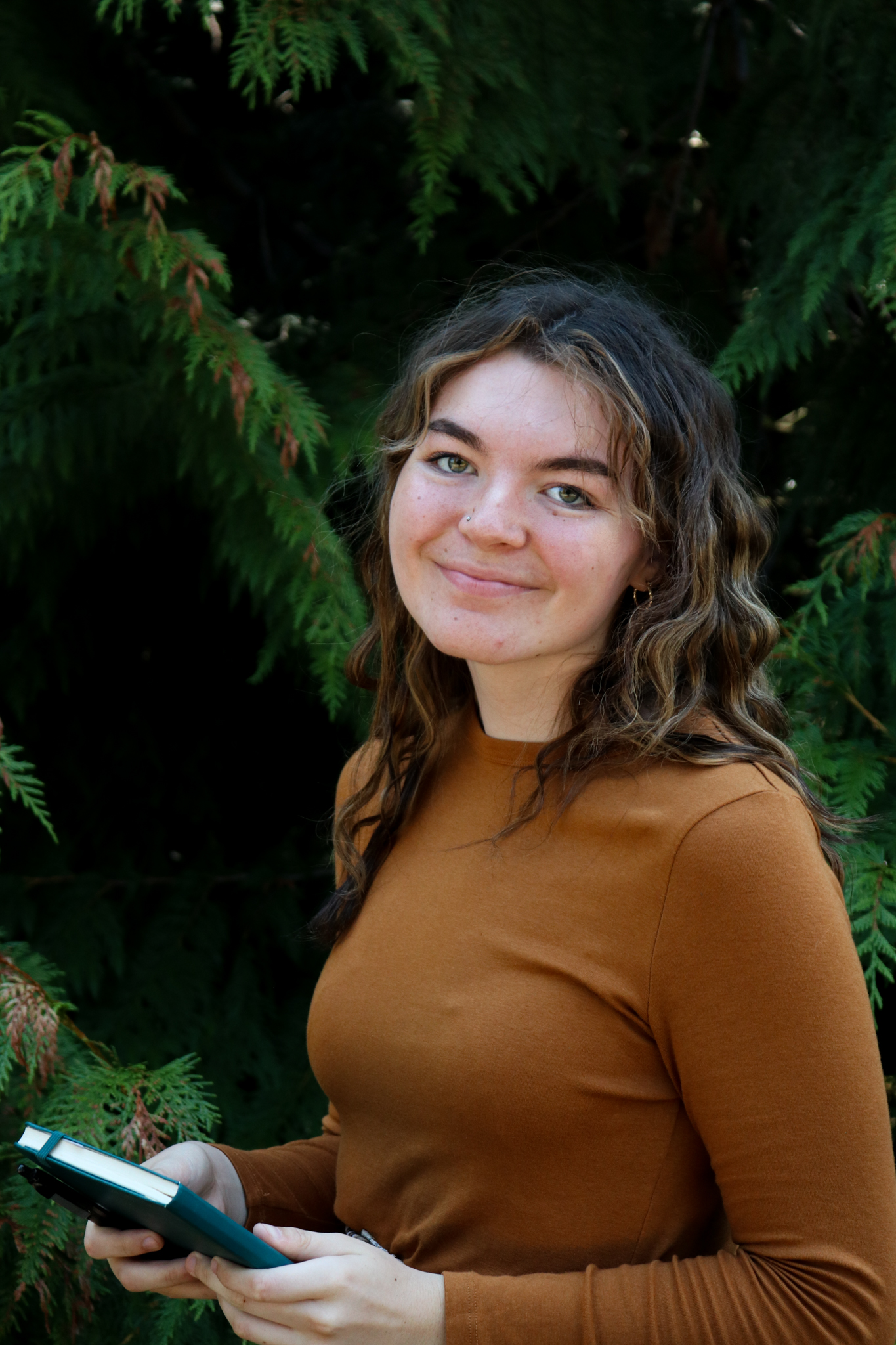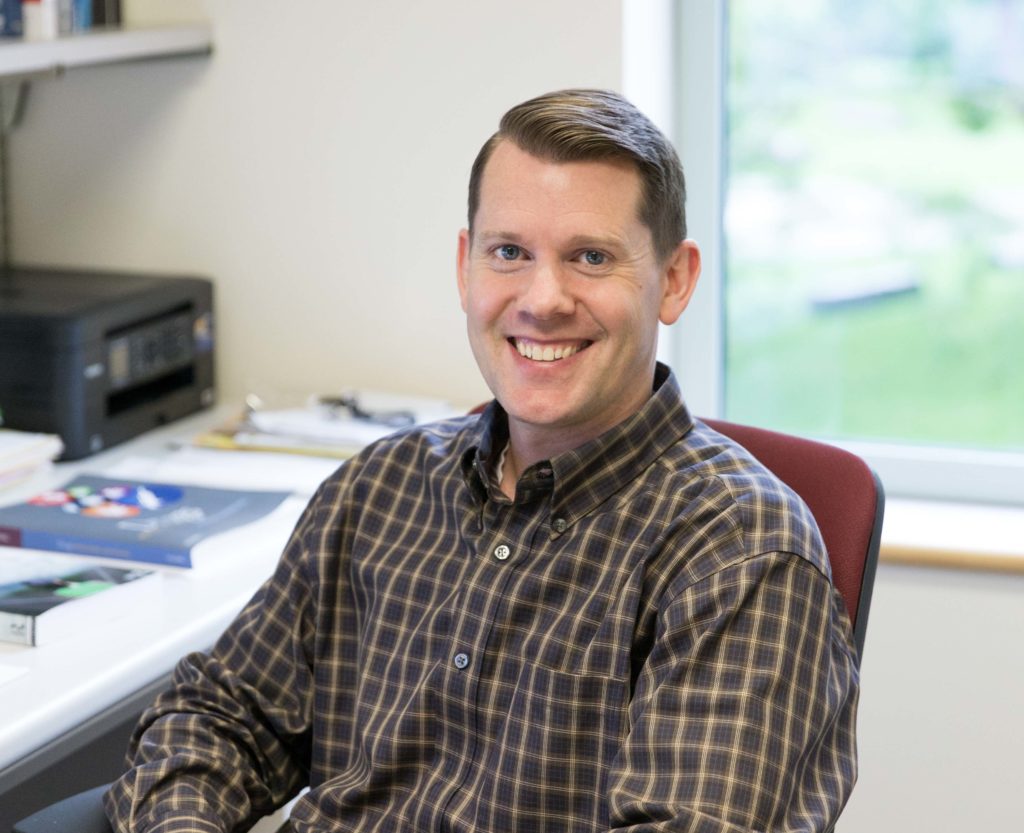A joint effort from students and staff take an honest look into cannabis use.
WSU Vancouver is a research campus and while teaching classes, professors also spend a lot of time on their own studies. In the wake of new research being conducted, Benjamin Ladd, assistant professor in psychology, along with students, started studying cannabis due to the relevant societal and legal changes surrounding the topic and its use. The studies primarily pertain to young adults and their intake of cannabis.
In Dec. 2012, Washington became the first state to legalize recreational use of marijuana for adults 21 and over. This legalization spurred Ladd to consider the problematic and unproblematic cannabis usage by the average college student.

about their use of cannabis and critical about the
information out there.
(Sydnie Kobza/The VanCougar)
Ladd said the most important thing students can take away from his research is: “Regardless of your views about cannabis, be critical and honest about your decision making. Don’t take information that’s out there at face value because I think there is a lot of misinformation out there.”
In addition to being critical of cannabis use and information, it is important to be aware of characteristics between different products and their intended uses, according to Ladd.
“There are many different active components and some of them may have more beneficial medicinal effects and others may be more prone to harm and addiction,” Ladd explained. “I think it’s really a question of what products people are using and how are they using them.”
Ladd also discussed the potential benefits associated with cannabis use.
“The pros are there is strong evidence that suggests cannabis has some potentially powerful medicinal effects. It’s useful for dealing with things such as side effects of chemotherapy like nausea and weight loss. [It can also be beneficial] for people with seizures and spastic disorders. Also, there are some pain-relieving properties and the addiction profile is a bit lower [than other drug and alcohol substances],” Ladd said.
Ladd emphasized that although there are potential benefits of cannabis, there are also potential negative effects that cannabis use can have on one’s physical and mental health.
“On the other hand, there is a view that cannabis isn’t addictive and I would say that this isn’t accurate,” Ladd said. “Given claims people are making about the medicinal effects of cannabis, people may be forgoing better treatment options and turning to cannabis when it may or may not be effective.”
Ladd said that while cannabis is not the worst thing, it is also not a solution to all problems a person has.

research, discusses the importance of cannabis
research to WSU Vancouver.
(Sydnie Kobza/The VanCougar)
Senior psychology major Mitchell Myers participated in Ladd’s research over the summer and thinks the research is important for the campus and its students.
“We are a research institute, so I think it’s important that students participate and know [the research],” Myers said. “We take an unbiased approach and that way students can understand that [cannabis] can be either good or bad.”

Emily is a senior studying integrated strategic communication at WSU Vancouver.
